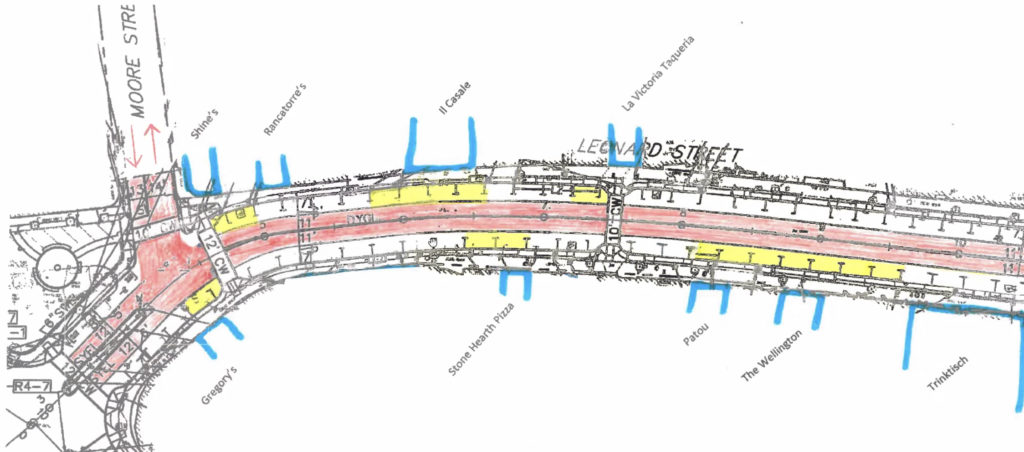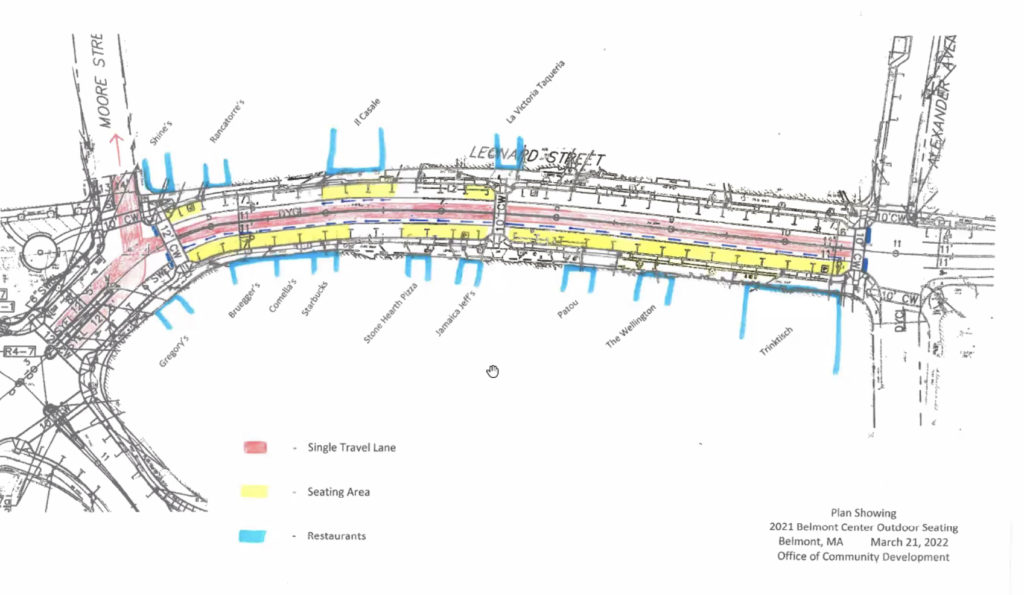Photo: Letters to the editor
To the editor:
Over the years the two of us have often found ourselves on different sides of political debates within Town. At meetings of the Select Board, or in the pages of the Citizen Herald we’ve debated and butted heads over any number of issues. Throughout, however, we have always been united by one thing: our love of Belmont and our sincere desire to see our Town and its residents thrive.
That’s why we’re writing to you today to urge you to elect Roy Epstein for the Select Board, and to warn you about his opponent’s stated plan to cut $8 million from the budget for our public schools. If enacted, such a plan would see as many as 160 school staff laid off and deeply degrade the quality of education our children receive. Belmont residents who cherish our public schools must stand, as one, and re-elect Mr. Epstein and refute this noxious proposal.
Lasseter’s plan? Crippling cuts to schools
The source of our alarm is a statement made by Roy’s opponent, Jeff Lasseter, during the League of Women Voters debate on March 24. Speaking about the Town’s finances, Lasseter stated that the School Committee had budgeted for $69 to $70 million dollars for the next fiscal year but “only needed 59-60 million” if the School Department used “common sense spending.” That’s a $9 to $10 million reduction in school funding – around 14 percent of our budget.
And this was no gaffe. In fact, Roy’s opponent repeated his claim on Saturday afternoon during a forum hosted on behalf of Belmont’s Pan-Asian Coalition and the Belmont Chinese American Association.
Hyperbole by candidates on the campaign trail is nothing new nor is it unique to Belmont. But the plan promoted by Roy’s opponent would have serious implications for our students.
Here are the real numbers for Belmont’s schools
The facts of the School Budget for 2022-2023 are clear and a matter of public record. After months of discussion and planning, the School Department presented a revised budget of $67.2 million as of March 29, 2022. This number is slightly lower than the School Department’s original request for $69.4 million. Those $2 million in cuts have been followed by another cut of $165,000 and a proposed cut of $507,400.
This final cut has not been approved by the School Committee. Even without the final $507,400, the Committee would need to cut an additional $8.2 million to meet the budget target of $59 million set by Roy Epstein’s opponent.
Mind you: Belmont’s public schools already run lean. Class size in Belmont is larger than average among our peer districts, while per pupil spending in-district is thousands of dollars per-pupil below the State average. The two of us can, and have, disagreed about the relative importance of such statistics to educational outcomes. What we agree on is that Belmont’s public schools already operate with a much leaner budget than comparable districts.
Death blow: Cut 120 teachers and 40 aides
What would happen if the School Department reduced its already lean budget to $59 million as Roy’s opponent has proposed? Well, the only areas for substantial cuts are staffing: personnel. We cannot end state-mandated services (which account for $23 million); we cannot cut fixed costs for operations. To find another $8.2 million in cuts, Lasseter has proposed, Belmont would have no choice but to carry out massive layoffs of teachers and professional aides. Salary savings for 160 personnel would be $10 million. Health insurance savings would be $1.5 million. But unemployment benefits paid for layoffs would be a cost increase of $3.3 million.
By our calculations, to live within a budget of $59 million in FY23, Belmont might close one of its elementary schools entirely, squeezing all of that school’s students into the other three grade schools in Town. But even that logistic nightmare would not be save enough.
If we, instead, spread the $8.2 million in cuts over K-12, we would need to eliminate more than 160 positions in all: 120 teachers and 40 professional aides. The number of teachers in Belmont would be reduced by more than one-third. Class sizes would explode as a result. Elementary grades would see classes of more than 30 students. At the high school, we would need to cut all electives, saving staffing for the core classes required by the state. AP offerings would also be affected. Fees would soar, further hampering working families in town.
Just as troubling as the implications of Lasseter’s proposal for our schools is the fact-free and cavalier manner in which he floated them. The schools, he said, simply needed “common sense spending” to find the millions in savings. He offered no details on what “common sense” entailed, or where the millions of dollars in cuts would come from.
Wanted: facts and common sense, not conspiracies
As a town, and a nation, we know well what to expect from politicians who rail against government, while reveling in their ignorance of how it actually works. We know the dangers of conspiracy theories and promises like “only I can fix it!” We’ve seen the chaos that such ill-conceived and ill-informed plans deliver.
Only now is our community emerging from the trial and trauma of the COVID pandemic. Masks are coming off and life is ever so slowly returning to normal. But there is so much more to do. Now, more than ever, we need smart, serious and informed leaders who can lead our Town out of the depths of the pandemic, and put us back on a track to prosperity and common purpose. On Tuesday, Roy Epstein is the candidate who can deliver that. Together, we urge you to vote for him on Tuesday, April 5.
Paul F. Roberts, Town Meeting Member Precinct 8, Chair, IT Advisory Committee
Ralph T. Jones, Town Meeting Member, Precinct 3, School Committee
[Note: Jones is the chair of Roy Epstein’s re-election campaign]


